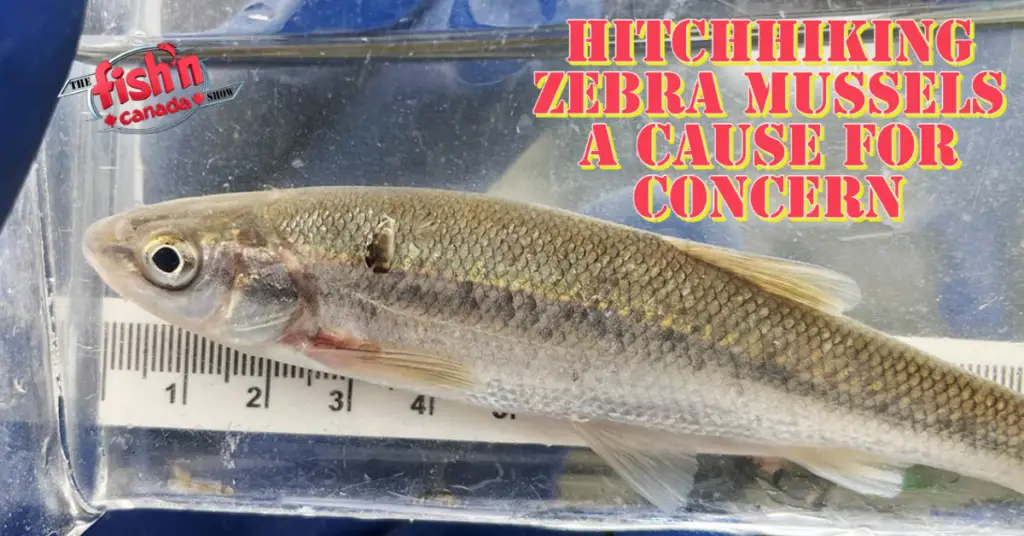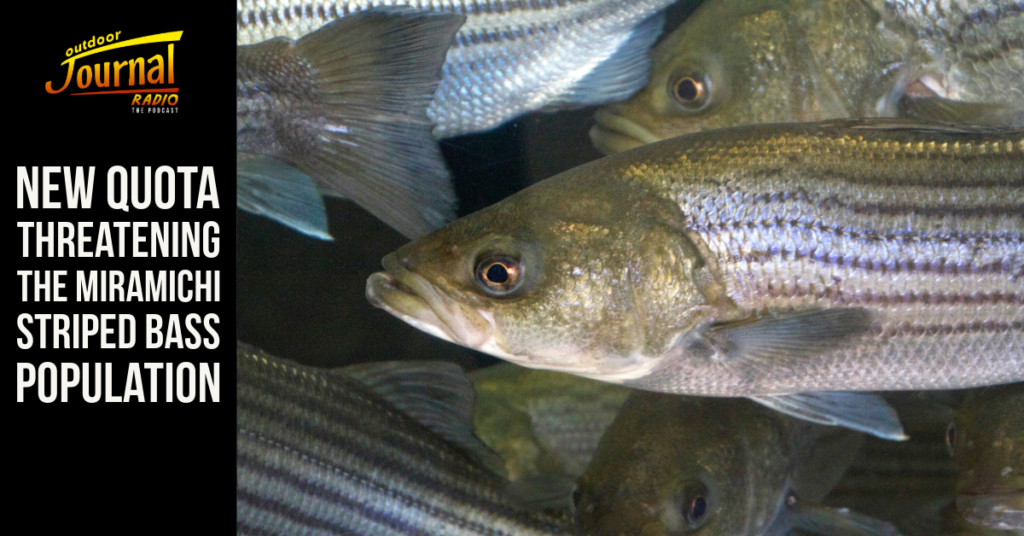In a surprising discovery, researchers discovered a zebra mussel attached to a chub in a lake in southeastern Quebec, raising concerns about the invasive species’ impact on the local ecosystem. According to the team, the zebra mussel was found attached to the side of the chub’s body, indicating that the mussel had likely attached itself to the fish while it was still alive.
Zebra mussels are a highly invasive species that have caused significant damage to freshwater ecosystems around the world. The mussels are native to the Black and Caspian seas in Eurasia, but were introduced to North America in the 1980s, likely through ballast water from ships.
Once introduced, zebra mussels quickly spread throughout the Great Lakes and other waterways in North America. They have a voracious appetite for plankton, which can disrupt the food chain and starve out native fish species. In addition, their sharp shells can damage boats, pipes, and other infrastructure.
The discovery of the zebra mussel attached to a lake chub is concerning because it suggests that the mussels may be spreading further into Canadian waters than previously thought. It also raises questions about how the mussels are affecting local fish populations and whether they are adapting to new hosts.
Officials are urging boaters and other water users to take precautions to prevent the spread of zebra mussels and other invasive species. These include cleaning boats, trailers, and other equipment before and after use, and never releasing live bait or aquarium pets into the wild.
As the threat of invasive species continues to grow, it is essential that we take steps to protect our freshwater ecosystems and the native species that depend on them. The discovery of the zebra mussel attached to a lake chub serves as a stark reminder of the importance of this work.







